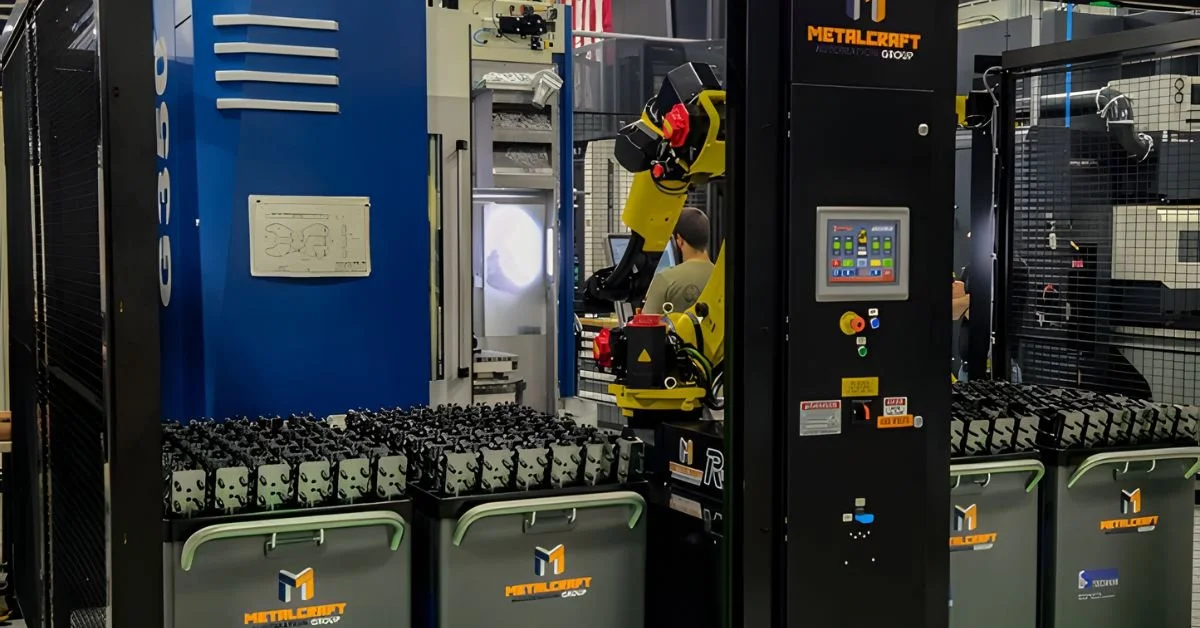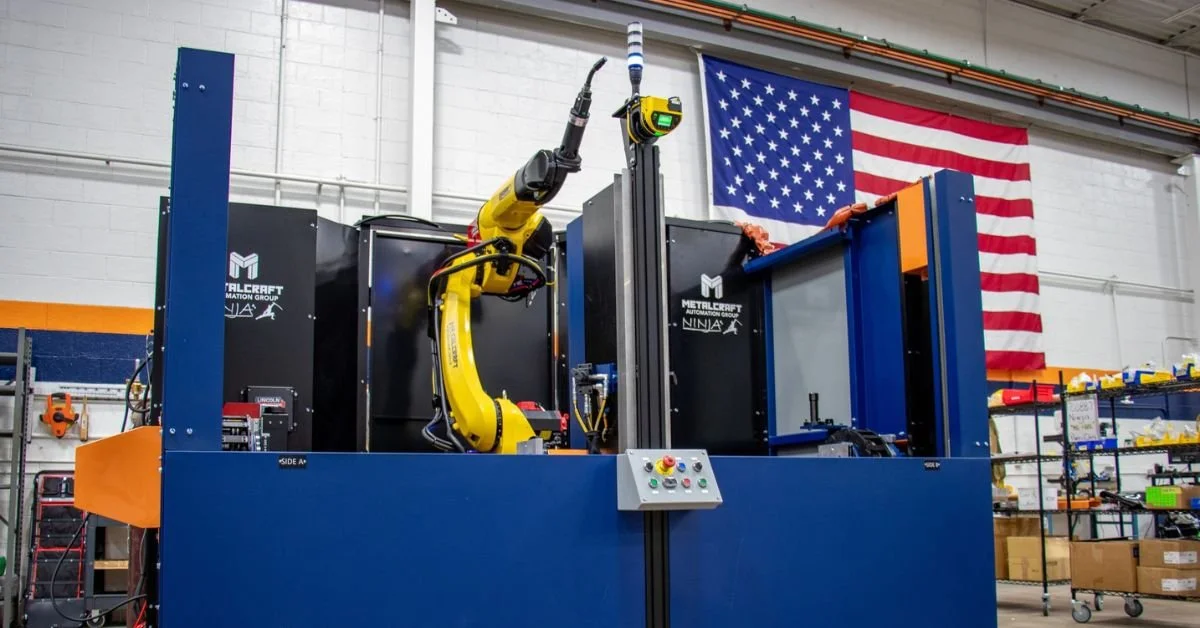Supervisory control and data acquisition (SCADA) facilitates the seamless management and monitoring of industrial processes. Whether you’re overseeing a manufacturing plant, managing energy grids, or controlling water distribution systems, SCADA streamlines complex operations through automation and real-time data communication.
This system optimizes efficiency, improves safety, and drives innovation in countless industries. Understanding what SCADA is and why it matters today will help you appreciate its significance.
SCADA Defined
SCADA combines hardware and software to collect, process, and analyze real-time data from industrial equipment, machinery, and systems. It acts as the central nervous system of your operation, offering visibility and control over critical processes. With SCADA, you can oversee everything happening across your operation, from a single piece of equipment to entire facilities, in one centralized interface.
Data Acquisition and Real-Time Monitoring
SCADA systems gather inputs from sensors and field devices spread across your operations. These inputs include temperature, pressure, flow rates, and other key parameters. By continuously collecting data, SCADA provides actionable insights to help you understand the performance of your processes and identify deviations from normal operation.
You can also monitor operations as they unfold, tracking every movement and change. Whether ensuring smooth production or responding to an unexpected event, SCADA keeps you informed every step of the way.
Remote Control
SCADA systems provide the ultimate convenience of remote access, allowing you to control and monitor your operations from virtually anywhere. Whether you’re overseeing multiple facilities or managing operations from miles away, SCADA puts control at your fingertips. Without needing to be physically present on the worksite, you can adjust system settings, start or stop equipment, and troubleshoot problems.
This flexibility not only saves time but also ensures operations continue smoothly, especially during situations requiring immediate intervention. With SCADA, distance is no longer a barrier to efficient management.
Automation at Its Core
At the heart of SCADA systems is their ability to automate complex, repetitive, or time-consuming tasks. They take over actions such as starting and stopping equipment, managing workflows, regulating system parameters, and monitoring performance in real time. By reducing reliance on manual intervention, SCADA improves reliability and minimizes the risk of human error. Your team can focus on higher-level tasks rather than being bogged down by tedium.
System Alarms and Alerts
SCADA systems come with advanced alarm and notification mechanisms to keep you informed of irregularities or faults in your operations. SCADA’s real-time alerts ensure you’re always one step ahead of equipment malfunctions and safety hazards. These alarms allow you to address issues before they worsen.
Improved Efficiency
SCADA is a powerful tool for enhancing operational efficiency. By continuously analyzing system performance, it identifies inefficiencies, bottlenecks, and areas for improvement. SCADA helps to reduce waste, minimize downtime, and boost productivity. Additionally, the insights gained through SCADA can guide decision-making and long-term operational strategies, making it an invaluable asset for running a high-performance operation.
Scalability
One of SCADA’s greatest strengths is its ability to grow alongside your business. Whether you’re managing a single site or expanding to multiple facilities across different regions, SCADA systems scale according to your requirements. They adapt to increasing complexities, higher demands, and larger infrastructures, ensuring that your management remains effective.
Enhanced Safety
Safety is a critical concern for any industrial operation, and SCADA systems play a vital role in keeping your environment secure. By continuously monitoring operations, SCADA detects potential risks, such as equipment overheating, pressure fluctuations, gas leaks, and unexpected system behaviors.
These systems can trigger automated responses or notify personnel to take immediate corrective actions. Safety is paramount in the manufacturing, energy, or chemical processing industries, and SCADA’s ability to safeguard personnel, assets, and processes is invaluable.
Energy Management
Managing energy consumption is more important than ever in a cost-conscious and environmentally aware landscape. SCADA systems can monitor and optimize energy usage across operations. By identifying inefficiencies, tracking consumption in real time, and suggesting areas for improvement, SCADA helps you reduce energy waste and lower operational costs at your facility.
Integration Capabilities
Modern SCADA systems can seamlessly connect with other industrial systems, such as enterprise resource planning (ERP) and manufacturing execution systems (MES). This creates a unified platform for managing diverse operations more effectively.
From coordinating production schedules to streamlining supply chain management, SCADA’s ability to work alongside other systems enhances operational efficiency and decision-making. The result is a more connected, intelligent, and responsive industrial ecosystem.
Data Logging and Reporting
SCADA systems maintain detailed records of all system activities, creating a rich database of historical data. This is essential for compliance, audits, performance analysis, and continuous operational improvement. With customizable reports and analytics, SCADA gives you a clear picture of past trends, system performance, and areas of potential growth.
Cybersecurity
Protecting SCADA systems from cyber threats is more critical than ever. Modern systems have cybersecurity features, including data encryption, multi-factor user authentication, firewalls, and intrusion detection systems. These measures safeguard your infrastructure from both internal and external threats, ensuring the safety, reliability, and confidentiality of your operations.
Industrial IoT Connection
SCADA is a cornerstone for adopting Industrial IoT (IIoT) strategies. By connecting with smart devices and leveraging real-time data, SCADA enhances operational efficiency, supports predictive maintenance, and creates smarter workflows.
It could become the backbone for IIoT integration, enabling business leaders to optimize production, improve asset management, and unlock the benefits of connected operations. With SCADA, you can fully harness the potential of IIoT and transform your industrial processes for the better.
Why SCADA Matters Today
SCADA is indispensable in today’s industrial landscape because of its ability to optimize operations and adapt to your needs. The demand for efficiency, sustainability, and reliability is higher than ever, and SCADA delivers the tools to meet those expectations. By investing in SCADA, you streamline workflows, improve safety, and strengthen your organization’s competitive edge.
SCADA is a strategic solution that matters today because it transforms how industries function. By mastering its capabilities, you gain the power to control, optimize, and future-proof your operations. SCADA can be beneficial in manufacturing automation, and at Metalcraft Automation Group, we can help you embrace it. Contact us today to learn more!



